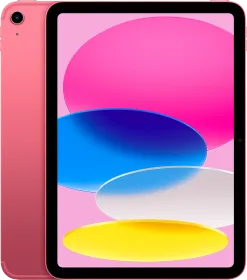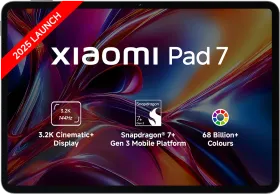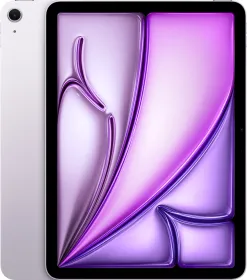In the high-stakes AI arms race, Apple is definitely taking its own sweet time. In a recent interview with The Wall Street Journal at WWDC 2025, Craig Federighi, Apple’s Senior Vice President of Software Engineering, and Greg Joswiak, SVP of Marketing, broke their silence on the delayed rollout of Apple’s AI-enhanced Siri, an admission that carries more weight than it may seem.
The message from Cupertino? Apple isn’t chasing headlines. It’s chasing reliability.
ALSO READ: iOS 26 is Official; Check Out 30 New Features
The Reality Check Behind Siri’s AI Delay
When Apple teased a smarter, more intelligent Siri last year, it seemed the company was ready to reclaim its voice assistant crown. At WWDC 2024, Apple teased what looked like an AI-infused Siri capable of semantic search and contextual awareness. But what the world saw was just the tip of a more complicated iceberg.
“We were filming real working software with a real large language model,” Joswiak told The Wall Street Journal, pushing back against claims of “demoware” or smoke and mirrors. But inside Apple Park, the excitement was tempered by hard truths: the software just didn’t meet Apple’s notoriously high bar for reliability.
Federighi put it bluntly: “It doesn’t work reliably enough to be an Apple product.” That’s not just a critique—it’s a guiding philosophy. While rivals like Google and OpenAI are sprinting toward market share, Apple is sticking to what it believes is a long game: functional AI that just works.
Watch: Apple Executives in Conversation with WSJ
Apple’s Quality-First Philosophy in an AI-First World
This delay isn’t just a technical speed bump. It’s a strategic stance. And in 2025, that’s a risky move.
Apple is under more pressure than ever as competitors aggressively roll out powerful generative AI tools, chatbots, and assistants. Microsoft has embedded Copilot across Windows. Google’s Gemini is increasingly visible in Android and Workspace. Even Meta and Amazon are pushing AI into everything from social media feeds to shopping carts.
Siri, by comparison, has long been the butt of jokes—and Apple knows it. “She’s certainly not as good as the competition right now,” the executives admitted to the Journal. But instead of playing catch-up at all costs, Apple is doubling down on getting it right rather than being first.
That’s Apple’s AI strategy in a nutshell: don’t rush, don’t break things.
Apple Intelligence: An Ecosystem Play, Not a Standalone Show
Apple’s AI vision—branded as Apple Intelligence—isn’t about creating a flashy chatbot. It’s about invisibility. Integration. Ubiquity.
“There’s no app called Apple Intelligence,” Joswiak said. That’s not a design oversight—it’s the whole point. Apple doesn’t want users to “use AI” in the conventional sense. Instead, it wants generative models to enhance existing workflows silently, whether that’s organizing your calendar, drafting an email, or summarizing a text thread.
This approach is deeply Apple. It’s not building a product—it’s refining an experience. AI isn’t the star of the show. You are.
Interestingly, the company will still offer access to OpenAI’s ChatGPT—what Joswiak called “the best one”—as part of its ecosystem. But even that’s a tactical integration, not a strategic pivot. Apple’s not making a chatbot; it’s making sure its users can reach the best one if they need it.
ALSO READ: Full List of iPhone Models Compatible with iOS 26 update
A Long-Term Bet
Federighi and Joswiak—Apple veterans with six decades of combined experience—seem unfazed by the current AI frenzy. They’re playing a long game, one that Apple has played before.
Joswiak invoked a mantra from Steve Jobs that still guides the company: “What we have to do is create great products and tell people about them. And if we do that, everything else will work out.” That’s classic Apple—insanely great over incredibly fast. It’s a calculated risk in an AI era dominated by immediacy and iteration.
But if history has taught us anything, it’s this: Apple tends to be late until it’s suddenly ahead.
You can follow Smartprix on Twitter, Facebook, Instagram, and Google News. Visit smartprix.com for the latest tech and auto news, reviews, and guides.


































